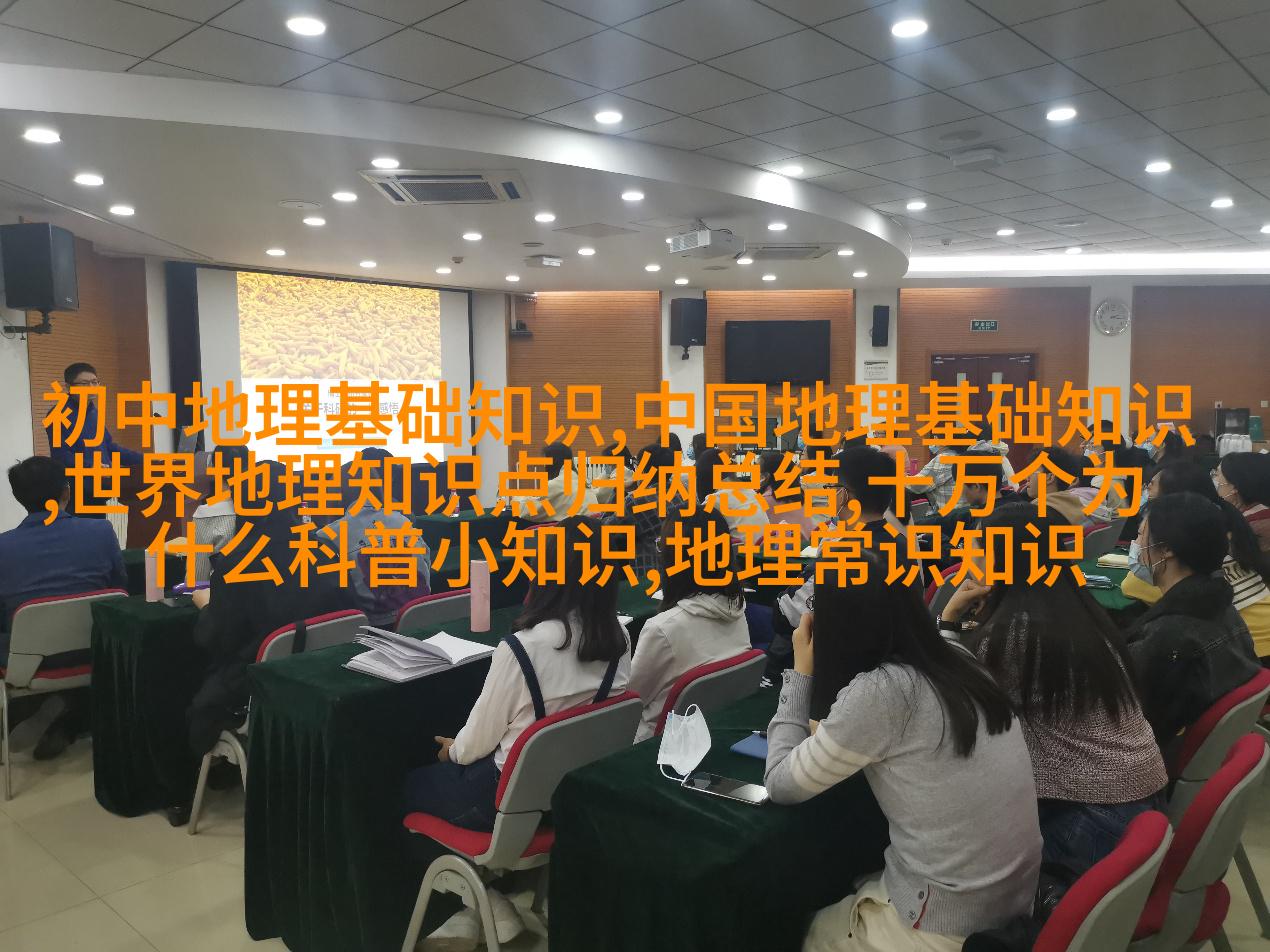Introduction

In today's manufacturing industry, filtration plays a critical role in ensuring the quality of products and maintaining efficient production processes. Among various types of filters, industrial ceramic filters have gained significant attention due to their exceptional performance and versatility. This article aims to explore the concept of industrial ceramic filters, their applications, advantages, and how they are revolutionizing filtration in the manufacturing sector.
Definition and Composition

An industrial ceramic filter is a type of filter that utilizes ceramic materials as its primary component for separating particles from fluids or gases based on size difference. These filters typically consist of porous ceramic structures with precisely controlled pore sizes designed to capture impurities while allowing clean fluid passage.
Applications

Industrial ceramic filters are widely used across various industries such as chemical processing, pharmaceuticals, oil refining, power generation plants (including nuclear), wastewater treatment plants (WWTPs), biotechnology facilities, and more recently even in food processing sectors where strict hygiene standards prevail.
Advantages

The use of industrial ceramic filters offers several benefits:
High Temperature Resistance: Ceramic materials possess excellent thermal stability making them suitable for high-temperature applications.
Chemical Compatibility: They can withstand corrosive environments without compromising their structural integrity or functionality.

Mechanical Strength: Industrial-grade ceramics exhibit superior mechanical strength which allows them to withstand rigorous operating conditions.
Long Service Life: With proper maintenance and care these devices can operate reliably over extended periods reducing downtime costs associated with frequent replacement or repair needs.
Design Considerations
Designing an effective industrial-scale filter requires careful consideration regarding factors such as flow rate requirements; pressure drops; contaminant particle sizes; desired level of purification; safety constraints including temperature limits; compatibility with specific chemicals involved during operation etc., all influencing decisions around material selection & design parameters like mesh size distribution among others.
Installation & Maintenance
Installation procedures must ensure secure positioning within equipment systems while also facilitating easy access for regular inspection & cleaning tasks which involve removing accumulated contaminants through backwashing techniques combined with occasional replacements if required due to wear out over time.
7.Conclusion
In conclusion, by leveraging advanced technology advancements coupled with innovative designs tailored specifically towards meeting unique demands across diverse industries – Industrial Ceramic Filters have become indispensable tools driving continuous improvement towards higher efficiency levels within modern-day manufacturing practices leading toward increased productivity alongside enhanced product quality standards thereby contributing significantly towards sustainable development goals worldwide..
标签: 世界地理知识点归纳总结 、 中国地理基础知识 、 十万个为什么科普小知识 、 地理常识知识 、 初中地理基础知识



